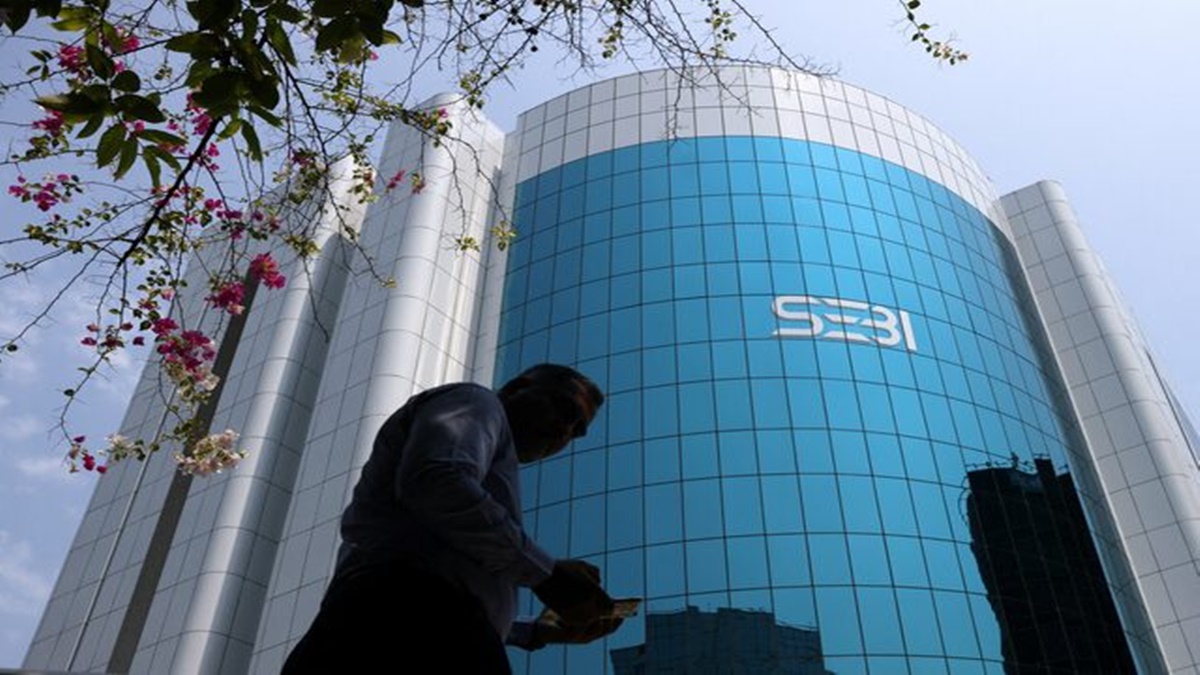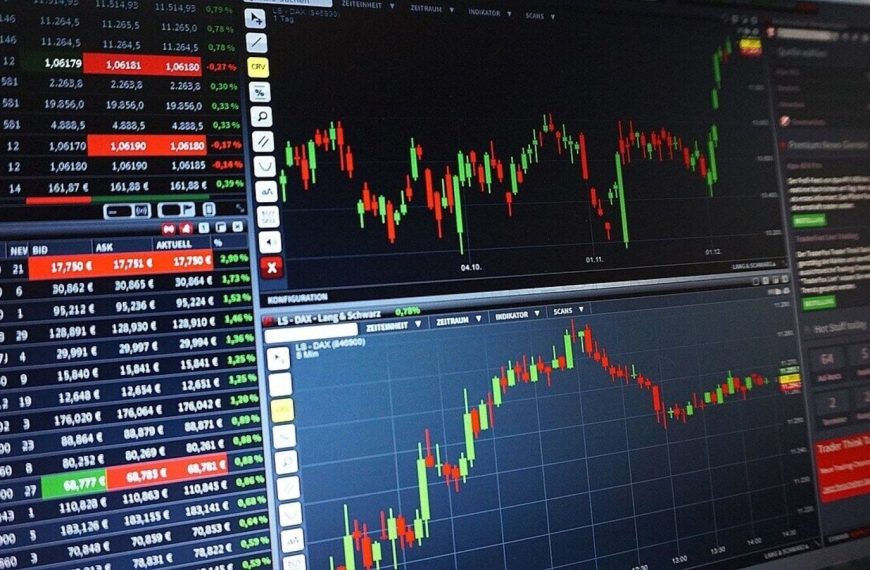In a recent advisory, India’s markets regulator has cautioned enthusiasts of opinion trading that they are venturing into a risky territory without any protective safety net. The Securities and Exchange Board of India (SEBI) has clarified that opinion trading does not fall under its regulatory framework, leaving participants exposed and without investor safeguards.
Understanding Opinion Trading Platforms
Opinion trading apps have gained popularity as platforms where users can make predictions on a variety of events, from sports outcomes to political elections and even cryptocurrency trends. These platforms often facilitate binary betting, where participants wager on the likelihood of specific events occurring. For instance, one app, Probo, currently has 12,694 active traders speculating on whether Novak Djokovic will win the Grand Slam in 2025. Success in these predictions can yield profits, while incorrect bets result in losses.
SEBI’s Concerns About Opinion Trading
On a recent Tuesday, SEBI expressed its reservations regarding the growing trend of opinion trading platforms. The regulator noted that some of these platforms mimic investment services by using familiar financial terms like "profits" and "trading." However, since these platforms do not facilitate the trading of actual securities, SEBI emphasized that they cannot offer any form of investor protection. “Investors should recognize that no protective measures under the securities market framework are applicable to these activities,” the statement clarified. Additionally, if any opinion traded on these platforms qualifies as securities, such operations would be deemed illegal, exposing these platforms to potential legal repercussions.
The Need for Regulation in India
In February, the New Indian Consumer Initiative (NICI) urged various ministries, including consumer affairs and finance, to consider a ban on opinion trading platforms in India. Legal experts have called for a regulatory framework to distinguish between skill-based predictions and those that rely solely on chance. While the Information Technology Rules were amended in 2023 to regulate online gaming, uncertainty remains regarding the status of opinion trading platforms.
Legal Status of Opinion Trading
Engaging in betting on real-world events through these platforms may breach Rule 4A(3) of the Information Technology (Intermediary Guidelines and Digital Media Ethics Code) Rules, 2021. However, certain skill-based games are permitted under the Public Gambling Act of 1867 and various state laws, supported by Supreme Court rulings. Recently, the Supreme Court reinstated a petition calling for a ban on these apps, criticizing the Gujarat High Court’s dismissal of the case. The petitioner pointed out significant differences in gaming laws across states, highlighting the need for a focused examination of whether opinion trading constitutes gambling.
The Counter-Argument: Skill vs. Chance
A recent study conducted by IIT Delhi and Probo suggested that skill significantly influences success in opinion trading, with findings showing that it shares key characteristics with games of skill. These include:
- Consistency in performance
- Skill differentiation among players
- A learning curve that improves player abilities over time
The Business Landscape of Opinion Trading
Opinion trading platforms, available on both the Apple App Store and Google Play, have attracted over ₹4,200 crore in funding from more than 35 investors, including notable names like Sequoia Capital and Y Combinator. Industry estimates suggest these platforms handle transaction volumes exceeding ₹50,000 crore annually, boasting a user base of over 50 million. For the financial year 2024-25, revenues for this sector are projected to surpass ₹1,000 crore.
Global Perspective on Opinion Trading Apps
In contrast to India, countries like the US, UK, and Australia classify similar platforms as wagering services, subjecting them to specific regulations. For instance, Kalshi, a US-based platform that inspired Probo, operates under the oversight of the Commodity Futures Trading Commission. Similarly, Polymarket, a blockchain-based platform, gained notoriety during the 2024 US presidential elections, raising questions about regulatory compliance after a significant bet was placed on Donald Trump‘s victory.
In summary, while opinion trading platforms continue to grow in popularity and financial backing, the looming questions of legal status and regulatory oversight remain significant. As more users engage with these platforms, the dialogue around investor protection and responsible gaming will undoubtedly intensify.











